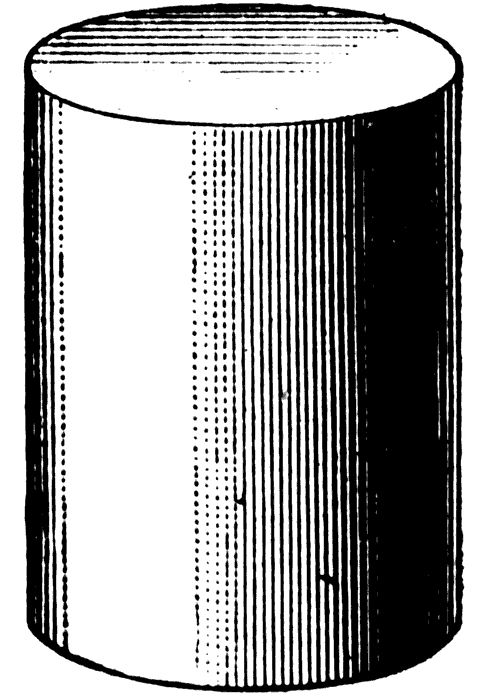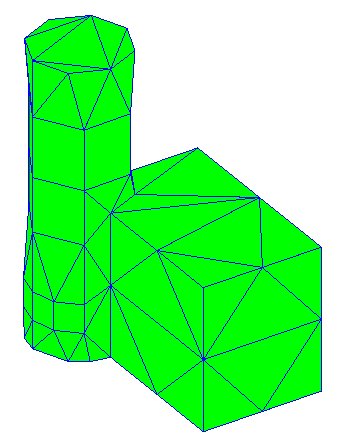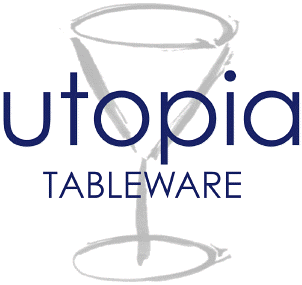|
|
LITR 5439
Literary & Historical Utopias
|
|
Melissa Hodgkins
2015
July 10
Genetic Utopia?
As the semester progressed my interest turned from historical utopias to
utopia’s treatment of genetics. And yet, I find the two concepts, historical
utopia and genetics, are easily connected. It’s true that in recent times
genetics seem to have taken a forefront in our nation’s consciousness. We are
aware of how traits, or genes, are inherited from parent to offspring. The
science is relatively simple. Your genetic code is comprised of twenty-three
sets of chromosomal pairs (or forty-six chromosomes) one chromosome per pair is
inherited from each biological parent. These codes known as DNA
(Deoxyribonucleic acid) are the information containing molecules in each cell
within the human body and are essentially the home of each individual’s genetic
inscription. DNA determines sex, eye color, hair color, skin color, height, etc.
(http://science.howstuffworks.com/life/cellular-microscopic/dna.htm).
These proteins are at the center of eugenic history.
What is eugenics? According to the Oxford Dictionary eugenics is the “science of improving a human population by controlled breeding to increase the occurrence of desirable heritable characteristics. Developed largely by Francis Galton as a method of improving the human race, it fell into disfavor only after the perversion of its doctrines by the Nazis” (http://www.oxforddictionaries.com/us/definition/american_english/eugenics). Separate the definition into two components: the first sentence, then the second. When we look at eugenics as a process of improving the human condition and passing on stronger, healthier genes to our offspring, eugenics sounds ideal, utopian even. It also seems familiar. After all, “We are already, in important ways, a “eugenic” society. We already tolerate or embrace surgical enhancements of our physical appearances… We already advertise… drugs like Zoloft and Paxil which promise to make anxious people “happy”… Some of us already pick and choose embryos based on their genetic characteristics or sex, taking what we like and discarding what we don’t” (Cohen 154). This is not a judgment, but rather an observation of our culture and our relative comfort with genetic interference.
Where does “useful” or utopian eugenics cross the line and become
dystopian?
These ethical questions that I pose, I am unable to answer. While a
future that may be offering freedom from “the maladies both of body and mind”
(Cohen 155) is appealing, where does genetic and scientific inquiry become
dangerous to the individual, to privacy, and to the condition of the human
being? Again, I do not have these answers, but I find asking these questions
lead me to where science has already taken us. In his article entitled “New
Genetics, Old Quandaries: Debating the Biotech Utopia” Eric Cohen brings us up
to speed:
In
1997, we cloned a mammal; in 1998, we isolated human embryonic stem cells; in
2000, we composed the “first draft” of the entire human genome; and in 2001 we
cloned human embryos… At the same time, research proceeds in novel areas like
artificial wombs, man-animal hybrids, and the screening of embryos according to
their genetic traits (155).
While
these advancements and experiments sound like they come right out of a
speculative fiction novel like Oryx and
Crake, where pigoons are used to grow and harvest human organs and are then
thrown into the human food supply and where Crake genetically modifies both
humans and animals to the danger and attempted extinction of humanity, these are
scientific inquiries at the brink of existence. These ethical and moral
questions are not in a distant future, they are more immediate than that. It is
easy to see why the history of eugenic manipulation can give us pause. And more
importantly, we should consider the future generation and the cost they may have
to pay for our quest to achieve a utopian ideal. Are the rewards worth the risk?
I remain skeptical and even frightened of the possible implications that
eugenics and genetic discovery pose for our future. It would be easy to use
reason to make an argument for eugenic based ethnic or social cleansing in a
not-so-distant future where scarcity and over population could bend the moral
backbone of a nation’s leaders and be used as a means of population control that
could detail state involvement in reproductive rights, genetic-based screening
for education and employment, just to name a few possibilities…
It does not take a scientist (because I am not one!) to see the
connections between utopian fiction like
Oryx and Crake, historical utopias (or rather, dystopias) like Nazi Germany,
and the study of human genetics. While the potential for human advancement, for
the eradication of disease and debilitating genetic abnormalities are embraced
and celebrated within our scientific and social communities utopian and
dystopian narratives fictive, historical and scientific offer us a glimpse into
the dangers of eugenics devoid of moral and ethical boundaries. The question
moving forward will be where to draw the line between advancing human potential
and destroying humanity as we know it.
Works
Cited
http://auschwitz.dk/Mengele.htm
http://www.oxforddictionaries.com/us/definition/american_english/eugenics
http://science.howstuffworks.com/life/cellular-microscopic/dna.htm
Burleigh, Michael. "Eugenic Utopias and the Genetic Present." Totalitarian
Movements and Political Religions 1.1 (2000): 56-77. Web. 9 July 2015.
Cohen, Eric. "New Genetics, Old Quandaries: Debating the Biotech Utopia." The
Human Life Review 28.1-2 (2002): 153-58. Web. 9 July 2015.




